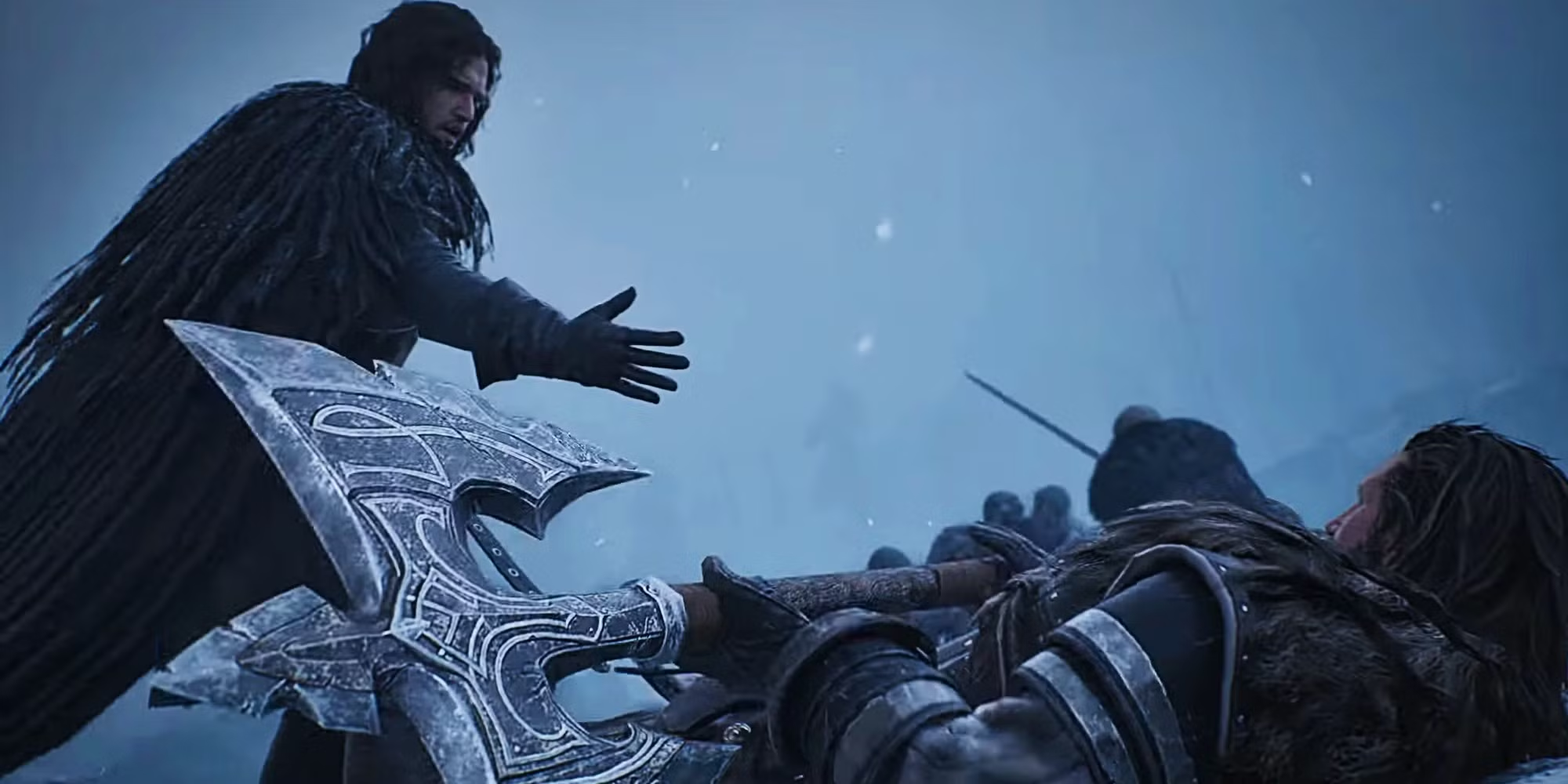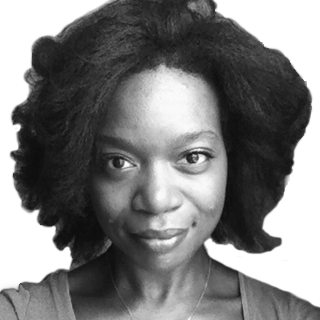By Syreeta McFadden
Pop culture is a meeting place in a divided world; its allegorical nature can give us a common language for understanding and communicating about complexities that otherwise elide our linear understandings. We thus often use art and pop culture as proxies to unpack, cope, mock or understand the complexities of our lived realities. Allegory helps people see the structural issues that govern their realities, and the best allegories help people imagine possible futures or solutions to those problems.
The artifacts of pop culture may not always align neatly with our lived values, but the best of them help us grasp huge concepts and center our conversations.
Perhaps that is why, Sen. Elizabeth Warren, D-Mass., — currently campaigning for the Democratic nomination for president in 2020 — penned an essay about HBO’s “Game of Thrones” for New York Magazine reaffirming the stakes faced by the people of the fictional world of Westeros and the critical choices each must make.
Warren seemingly recognized how the series would resonate with potential voters, and showed that she sees an electorate vastly aware of the extent to which abuses of power can impact the health of a civil society.
Warren isn’t alone in invoking comparisons between Westeros and the United States: Back at the 2016 White House Correspondents Dinner, President Barack Obama jabbed at Senate Republicans’ intransigence in blocking Merrick Garland’s nomination for the Supreme Court. “They’re in the house, which reminds me, security, bar the doors,” he joked. “Judge Merrick Garland, come on out. We’re going to do this right here, right now. It’s like the Red Wedding.”
And President Donald Trump makes frequent use of “Game of Thrones”-related memes to communicate his agenda and promote victories unseen. In November, Trump tweeted some nonsense meme in connection with the administration’s announcement of renewed sanctions against Iran. HBO was no fan, and star Maisie Williams tweeted about it, fed up. In January, during the government shutdown, he tweeted “The Wall is Coming.” And just last week, Trump shared yet another such meme to proclaim his exoneration after special counsel Robert Mueller’s redacted report was made public. (To diehard viewers, though, it is evident that Trump actually hasn’t watched the show or isn’t aware of the current plot, as he often positions himself in those memes as the villainous White King.)
Actor Kit Harrington, who plays the indispensable Jon Snow, reflected on the show’s themes in a Variety interview in March noting that it’s about an “everlasting idea that people who seek power are very often the last people who should have it. Unfortunately, we’re leaving ‘Thrones’ with a Joffrey as the president of the United States of America.” (Joffrey, one of the most hated characters of the series, was a ruthless, incompetent and sociopathic king of Westeros who delighted in cruelty, demanded supplication and started a needless war when he believed his power was threatened by an investigation into his lineage and claim to the throne.)
And so, in that context, Warren’s comments about Season 8, while never mentioning Trump, are clearly about the current president and the choice that her candidacy represents to voters. “As much as Dany wants to take on her family’s enemies and take back the Iron Throne, she knows that she must first fight the army of the dead that threatens all mankind,” she writes. “This is a revolutionary idea, in Westeros or anywhere else.”
To the casual observer, Warren’s close reading of Daenerys’ character parallels her own introduction to Americans. People are asking, especially in the wake of a president who promised to “drain the swamp” but only added to its slimy denizens, if she the real deal and, in a crowded field of potential candidates, whether she has the mettle to triumph.
The cynical inside Washington will scoff at Warren’s decisive analysis of the terrain of Westeros politics and conflict, perhaps even chide it as an attempt to combat the so-called likability problem many women candidates face as they seek national office.
But most people out in the world don’t understand the minutiae of public policy and its impacts on individuals and communities without storytelling, and systemic transformation is a key Warren campaign principle. By using pop culture to make a point, she’s speaking the language of the masses, as a a lifelong educator might — professorial in depth but with kitchen table wisdom.
“You campaign in poetry, you govern in prose,” former New York Gov. Mario Cuomo famously said. Perhaps an addendum to this truism is that you get people to listen to a story, but you mobilize voters with bold proposals.
An election — and especially a primary — is about communicating a vision of the world, and Americans’ vision is split between the current nightmare and a plucky imagining of possible and inclusive futures for everyone. One party sees the hell mouth of “Buffy the Vampire Slayer” fame, anticipating and fearing their annihilation by demographic change, aggrieved by the existence of asylum-seekers, embittered by the thought of sharing the largesse of the nation with their fellow citizens. (That’s a vision outlined very distinctly by the current occupant in the White House.)
So it is exciting for the rest of us to see the range of candidates in the Democratic field vying for the nomination. And, when Warren speaks — for a brief and all-too-fleeting moment — the national conversation is focused on changing policies that have benefited the ultrawealthy few to the detriment of middle- and working-class people.
“I got a plan,” Warren said at Wednesday’s She The People candidate forum in Houston — and indeed, she does, for almost everything, it seems. On Monday, for instance, Warren unveiled a bold proposal to eliminate student loan debt that would affect 42 million people, financed by a 2 percent annual tax on people with $50 million or more in wealth. Whether it was addressing mortality rates of African-American mothers and babies (unveiled Thursday), reparations for indigenous Americans, or addressing inequities in the criminal justice system, Warren applies storytelling skills to effectively translate systemic change.
Warren has demonstrated that she can walk and chew gum at the same time — and geek out and bite her nails in horror for the wars to come in the fictional world of Westeros with all of us. For fans of “Game of Thrones,” it remains unseen if Daenerys Stormborn, the Notorious Mother of Dragons and the Breaker of Chains, will seize the Iron Throne and unite the fractured seven kingdoms and achieve peace and prosperity. If that doesn’t happen, Warren, a formidable storyteller — shrewd and intelligent — may have to consider another proxy to communicate her ideas for the collective dreaming of the progressive electorate. But she probably has an idea for that already.




















![[Book Review] The Blade Itself (The First Law Trilogy) by Joe Abercrombie](https://bendthekneegot.com/wp-content/uploads/2018/01/1516047103_maxresdefault-218x150.jpg)


















